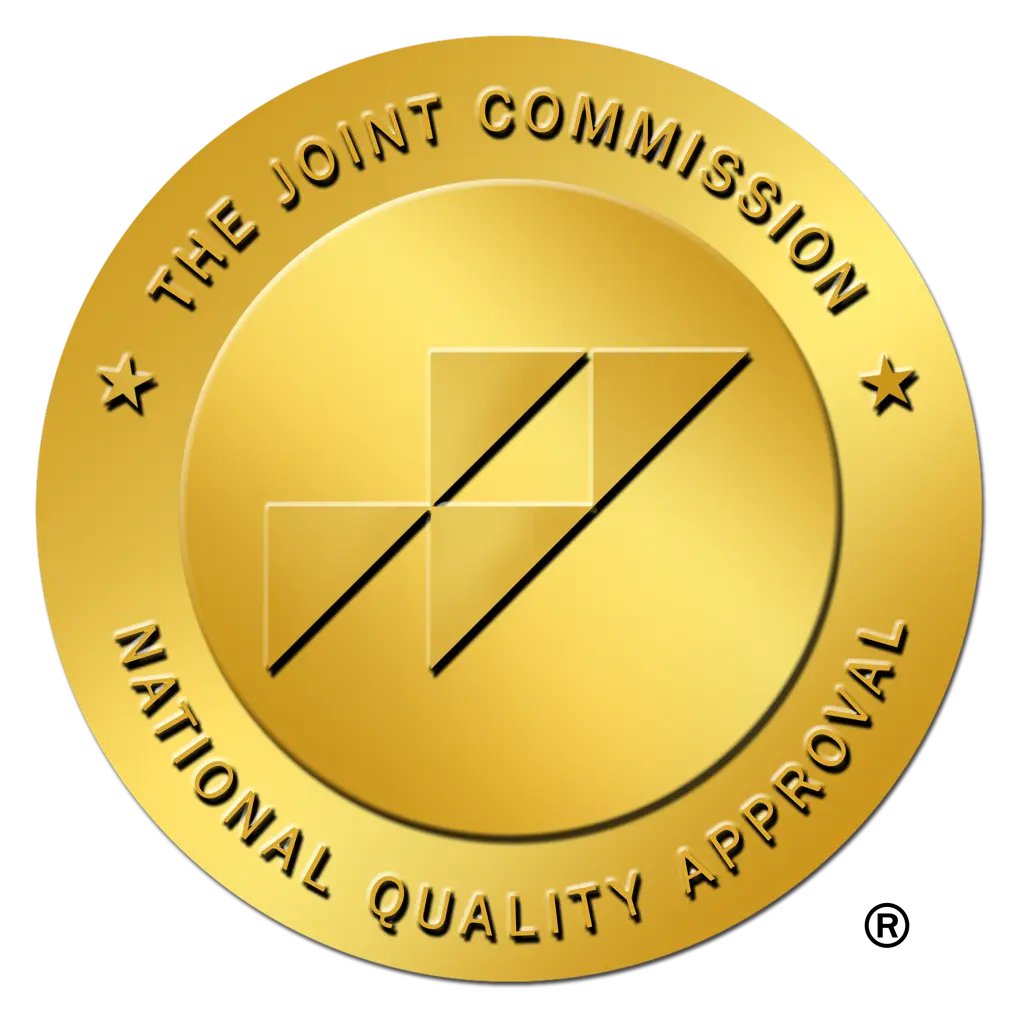You probably know how it feels to be isolated and lonely when trying to cope with a mental health condition. But is the struggle to manage on your own starting to be too much? Are you longing for fellowship and community with people going through similar things? If so, we want you to know that this is completely natural. It’s human nature to long for interaction, having our feelings and experiences validated by those who understand and make us feel less alone.
The need for community isn’t only natural – it’s necessary. Once someone leaves mental health treatment, the community can play a role in preventing future crises. Community support is integral to further improving mental health post-treatment through education, awareness, and joint acknowledgment and understanding. Mental illness – whether you have a substance use disorder (SUD) or other mental health condition – is dangerously isolating. Isolating can lead to harmful thoughts and behaviors, causing us to act out and harm ourselves or others. A support system of friends, family, and peers is invaluable to a successful recovery and preventing a mental health crisis.
Mental Health and the Dangers of Isolation
As mentioned, there are many potential dangers of feeling isolated when recovering from a mental health condition. Though everyone’s experience with mental health is unique, it helps to know someone understands what you’re going through. While we shouldn’t need our feelings validated, it helps. It also helps to be acknowledged. Support from family and friends is vital, but they may not always understand what you’re going through. A community of people healing from their mental health conditions can understand better, even if your experiences are entirely different.
So what exactly are the dangers of isolation when managing a mental health condition? Unfortunately, it can be tough to identify every single danger isolation may impose. These risks are dependent on your situation and condition. However, some potential dangers of isolation include:
- Increased feelings of anxiety and depression
- Feeling more stressed
- Risks of turning to substance use or relapsing if you are in recovery from SUD
- Experiencing intrusive and harmful thoughts
- Increased risk of harming yourself or others and experiencing a mental health crisis
Again, these are only a few definable dangers of isolation. You can prevent them by identifying and avoiding triggers, taking medications prescribed by your psychiatrist or doctor, and attending therapy as often as needed. Community support will also significantly reduce your risk of experiencing these dangers.
Finding a Community Outside the Walls of a Facility
Admittedly, finding a community outside the walls of a facility may not always be easy, but it will be worth it. Creating new relationships is challenging alone. Throw in the added stresses of a mental health condition, and it may seem impossible for some of us. We recognize and acknowledge that finding a community and creating a strong support network is challenging. Nevertheless, it is possible, and we suggest considering:
- Reaching out to an old friend or other friends trying to maintain their mental health
- Entering a pen-pal program
- Attending local events, such as support group meeting
- Starting new hobbies that allow you to meet people, such as a yoga or fitness class
- Registering for local events in your area
An easy first step that may help you exercise your connection skills is maintaining contact with people you meet in treatment. Our group therapy and outing services offer the chance to bond with others in our treatment program. We offer:
- Psychoeducational groups
- Cognitive-behavioral therapy (CBT) and dialectical behavior therapy (DBT)
- Kayaking and outdoor group activities
- Opportunities to volunteer in the community
- Social skills development training
The Benefits of Community Support
Community support will help reduce symptoms of anxiety, depression, and other mental health conditions, reduce risks of harming yourself, and help control intrusive thoughts. These are significant benefits, but what other benefits can you expect from this support? That may depend on you and what you’re looking for. In general, you will experience:
- A sense of belonging and purpose
- People with similar interests
- The chance to have a sponsor, accountability partner, or trusted confidant you can go to in times of trouble
- Access to education and resources
- An opportunity to learn skills that help maintain other relationships in your life
What Can You Do for the Community?
The last thing you should consider when thinking about community support is what you can do for your community. Helping others helps us. The more time you spend in recovery, the more guidance you can offer to people newly out of treatment. Consider when you first left a facility – you probably faced many challenges. Being a part of a community means you will have the chance to help those facing similar challenges right now. Doing so will give you a sense of purpose like you wouldn’t believe.
Finding a community may be challenging, but it will always be worth it. Consider finding your community today.
The journey of healing and improving your mental health is personal but should not be taken alone. Isolation is extremely dangerous and poses several risks to people coping with mental health conditions. It can lead to increased feelings of depression and anxiety, cause you to experience intrusive thoughts, and increase the risk of suicide or harmful behaviors. Finding a community post-treatment can reduce these risks, give you a sense of purpose and belonging, and offer the opportunity to help others trying to maintain their mental health. To learn more about the importance of community in maintaining mental health and preventing mental health crises, call Alter San Diego Crisis intervention at (866) 986-1481 today.

